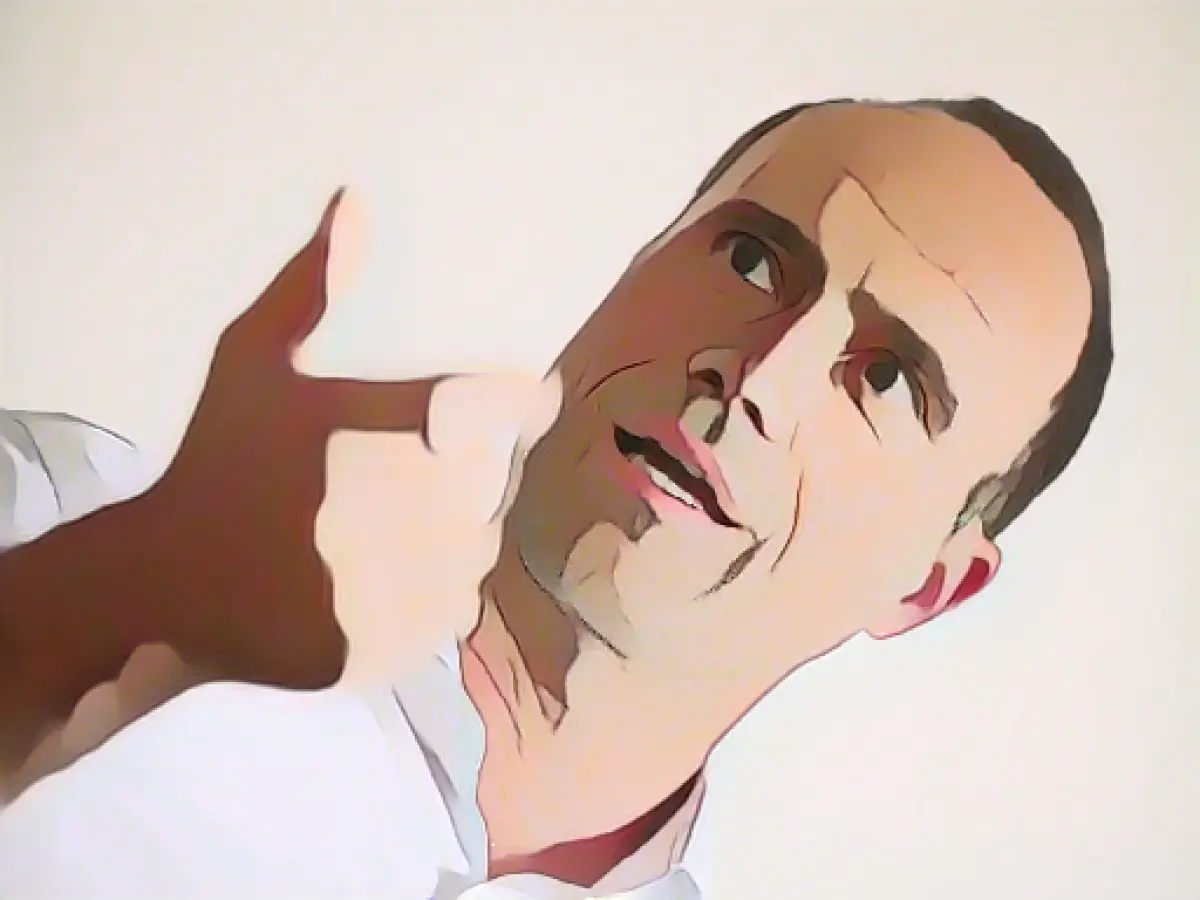Changes to medical care at night
Following the announcement of the closure of several on-call medical practices in Rhineland-Palatinate, medical care during off-peak times is to be changed in some places. This was agreed by Rhineland-Palatinate Health Minister Clemens Hoch (SPD) and the Association of Statutory Health Insurance Physicians (KV) in the state at a meeting in Mainz on Friday. This was preceded by a fierce conflict between the two sides.
According to a joint announcement, people who need help at night should in future first call the KV patient service number 116117. There, an initial assessment will be carried out by qualified staff. If necessary, they can then contact a doctor, first by telephone and then at home if necessary. From the beginning of 2024, it should also be possible for a doctor to come to the home of mobile patients if necessary. Around 20 transport services are to be provided for this purpose. Hoch and the Chairman of the KV Rhineland-Palatinate, Peter Heinz, emphasized that this would provide additional medical care, even at night.
It was also decided that all hospitals that also have a medical on-call practice will be offered the opportunity to charge for the treatment of patients seeking help at night via the outpatient fee schedule. In principle, all patients are advised to use the 116117 service.
Some time ago, the KV announced that seven on-call medical practices in Altenkirchen, Andernach, Emmelshausen, Frankenthal, Gerolstein, Ingelheim and Landstuhl would be closed at the beginning of next year and that the hours of the on-call medical service (ÄBD) would also be shortened. The KV had justified this with a ruling by the Federal Social Court on the social insurance obligation of pool doctors who take on duties in the ÄBD.
The court had ruled that a dentist from Baden-Württemberg must be covered by social insurance if he works as a pool doctor for an emergency service organized by the KV. The KV believes that the ruling will result in the loss of pool doctors and a massive additional burden on practices that are already working at the limits of their capacity. Hoch told the German Press Agency before the meeting that he could not understand the KV's reasoning. Doctors in private practice who take on services in the ÄBD are not subject to social security contributions, hospital doctors working in the ÄBD are above the contribution assessment ceiling and retired doctors working in the ÄBD do not have to pay contributions to unemployment and pension insurance.
The bottom line is that around ten percent of pool doctors are more affected by the social insurance obligation, the minister told dpa. He believes it is right that these doctors should pay these contributions like other employees in Germany - especially as they are financed from general social security contributions. It would also not make sense to close the practices in the middle of the infection season. The minister referred to the KV in Bremen, which had also decided to suspend planned closures until March 2024.
According to Hoch, pressure could be taken off the ÄBD by using 116117 to arrange appointments for patients with less urgent cases at off-peak times. However, this is precisely where the service, and therefore patient management, is currently still failing. Such appointment allocation could deter people from going to the ÄBD or an emergency room even though there is no medical emergency.
In this new system, patients requiring night-time assistance should initially contact the KV patient service number 116117, where qualified staff will conduct an initial assessment and connect with a doctor if necessary. This shift in procedure, starting from 2024, aims to provide additional medical care, even during night hours.
Doctors visiting patients at home during off-peaks is predicted to become possible from 2024, as part of this revised medical care system, with approximately 20 transport services available for this purpose.
Source: www.dpa.com








